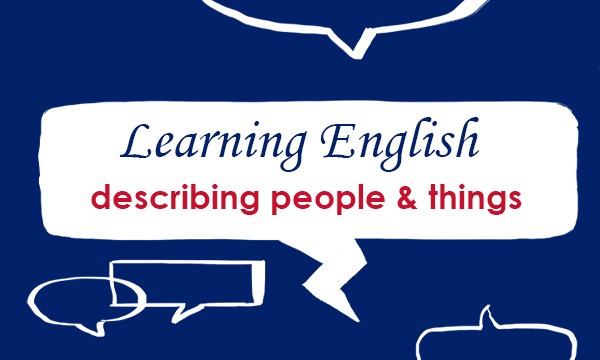To encourage someone to go somewhere more quickly or to do something more quickly, use Hurry up! or, more informally, Get a move on! Hurry up! We’ve got to be there in ten minutes! Hurry up, Mario! When you’ve finished your work, you can go out to play. Get a…
Read More









collins_dictionary_official
The home of living language. #wotd #wordlovers #collinsdictionary
Read our word of the week definitions and blog posts: